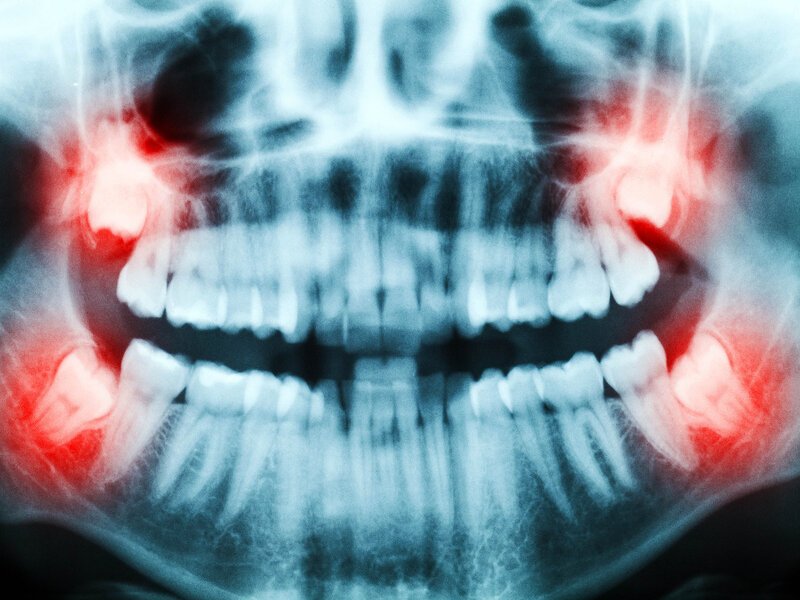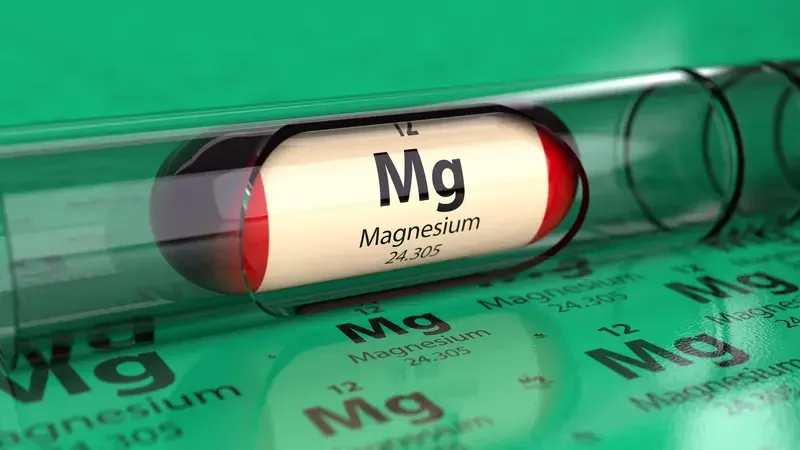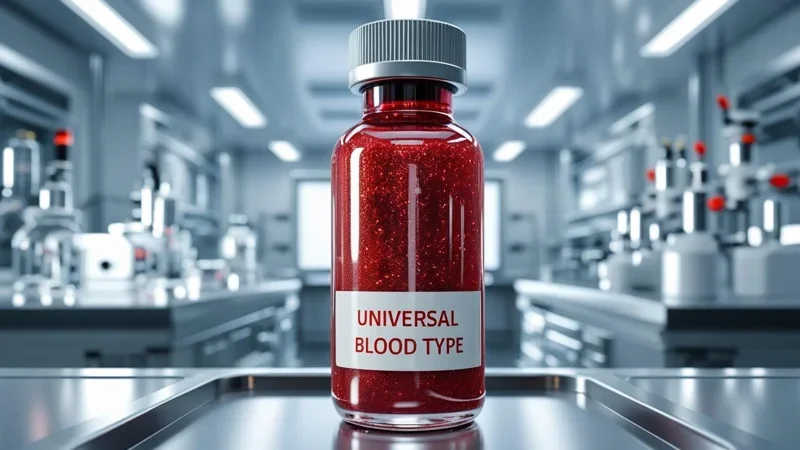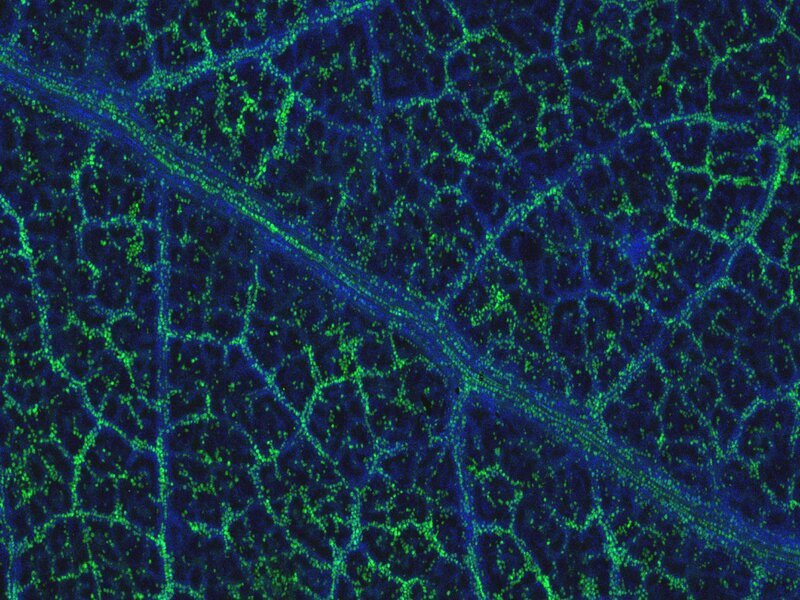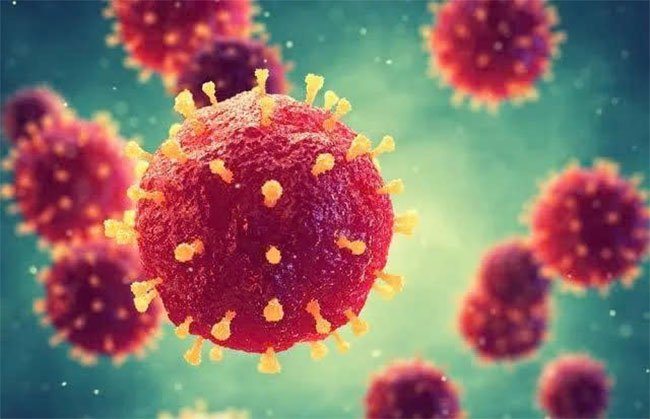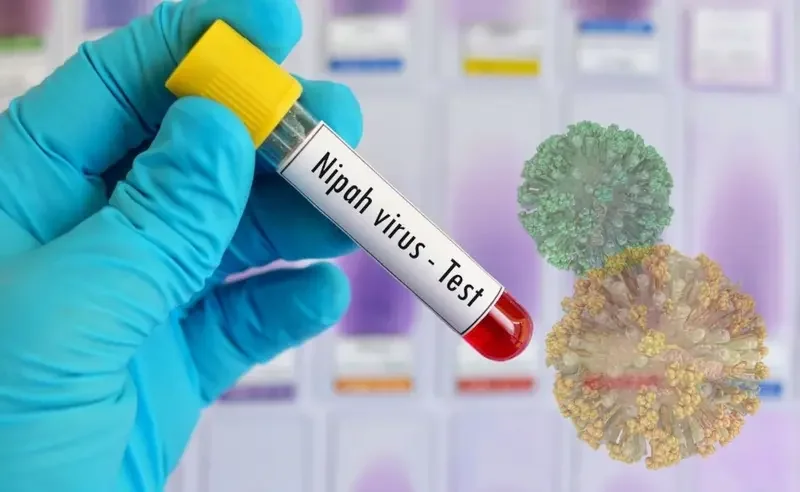Scientists have made a groundbreaking discovery that could revolutionize dental care — a natural compound found in broccoli has been shown to eliminate up to 90 percent of plaque and tooth decay. This discovery highlights a major step toward safer, plant-based alternatives to chemical mouthwashes and invasive dental treatments.
The compound, known as sulforaphane, is already well-known for its cancer-fighting, antioxidant, and anti-inflammatory properties. However, new research reveals that sulforaphane also has remarkable antibacterial effects against the microbes responsible for plaque and cavities. When applied to teeth and gums, it breaks down the biofilm — the sticky bacterial layer that causes plaque buildup and leads to tooth decay.
Laboratory experiments demonstrated that a broccoli-based oral solution containing sulforaphane dramatically reduced bacterial colonies within hours, outperforming several leading dental rinses. Not only did it remove existing plaque, but it also prevented new buildup by making it harder for bacteria to adhere to tooth enamel.
What makes this discovery particularly promising is its safety and natural origin. Sulforaphane is plant-derived, non-toxic, and commonly found in cruciferous vegetables such as broccoli, Brussels sprouts, and kale. It can be safely consumed or applied topically, offering a gentle alternative for individuals with sensitive gums or allergies to synthetic ingredients in commercial dental products.
Researchers are now exploring ways to incorporate this compound into new oral hygiene products, including toothpaste, mouth rinses, and chewable tablets. If successful, this innovation could redefine the future of dental care — creating a more sustainable, effective, and eco-friendly approach to oral health.
Broccoli, long celebrated for its nutritional and health benefits, may soon become one of the most powerful allies in protecting our teeth and maintaining a healthy smile.


